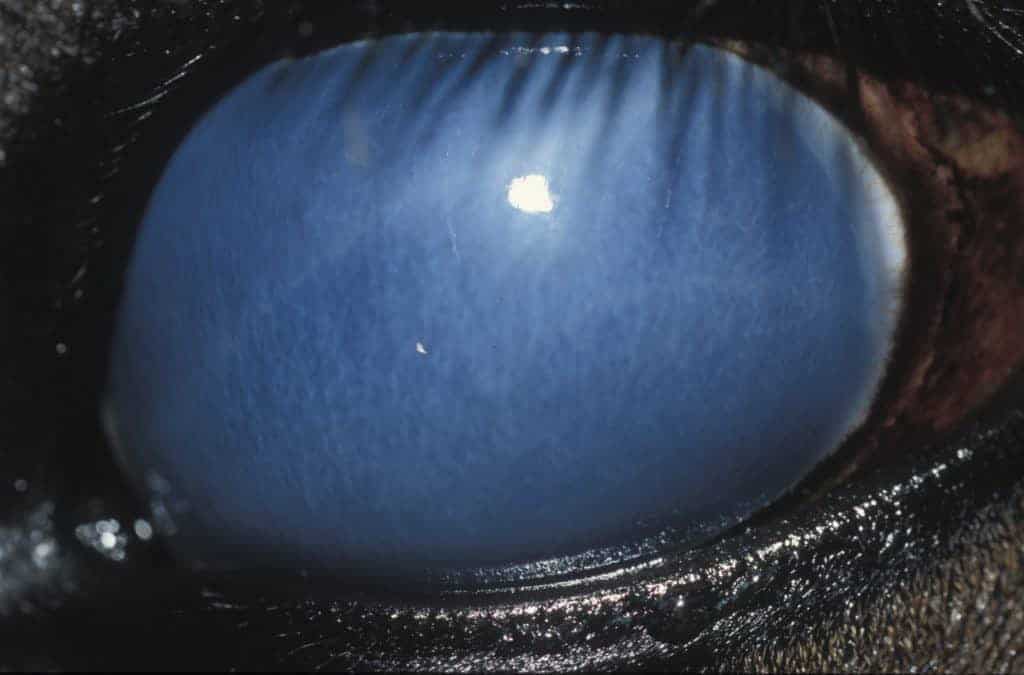
Understanding Equine Cataract Surgery
Many horses recover well from cataract surgery and retain vision in the affected eyes.

Many horses recover well from cataract surgery and retain vision in the affected eyes.

It might have the same name, but equine glaucoma is a different animal than human glaucoma.
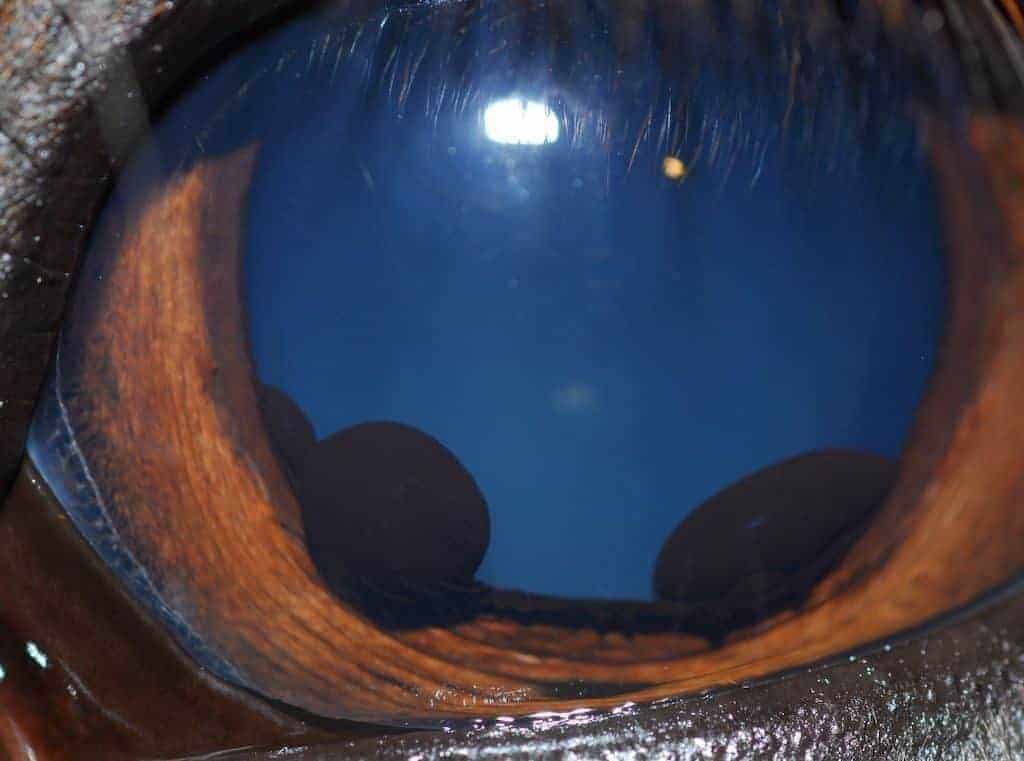
Many noninflammatory uveal abnormalities cause little to no discomfort or vision loss for the horse.
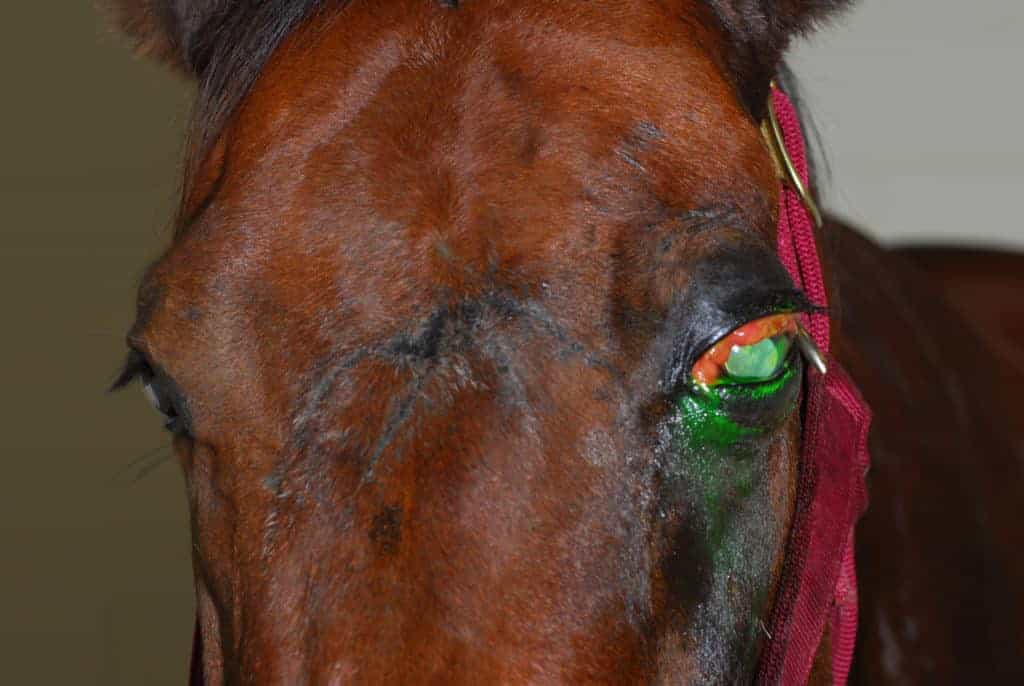
Disorders involving the horse’s orbit and periorbita are less common than problems involving the eye itself.

Veterinarians have learned how to best control this disease and are working to unravel new treatment options.

Basic comprehension of equine vision can help owners better understand why their horses act the way they do.
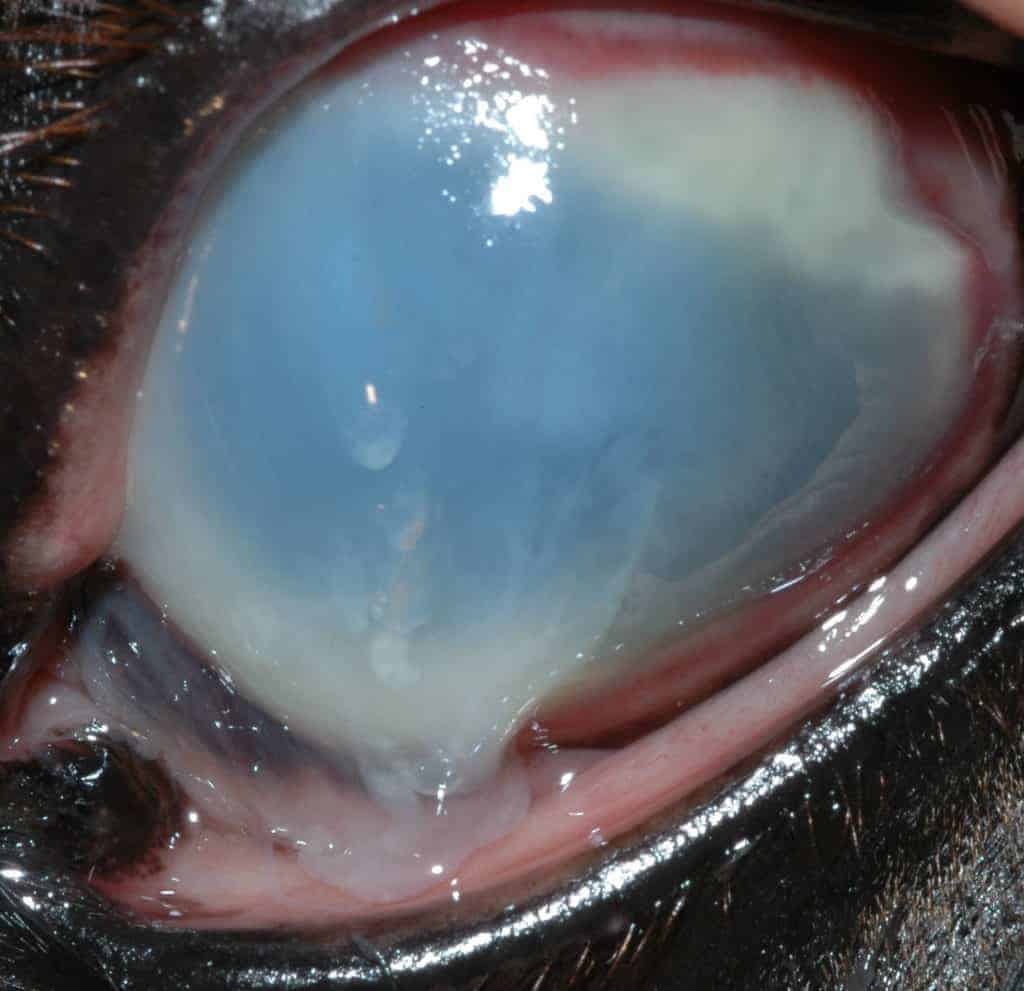
The natural mechanisms in equine eyes can complicate corneal ulcer healing, but most ulcers fully recover.
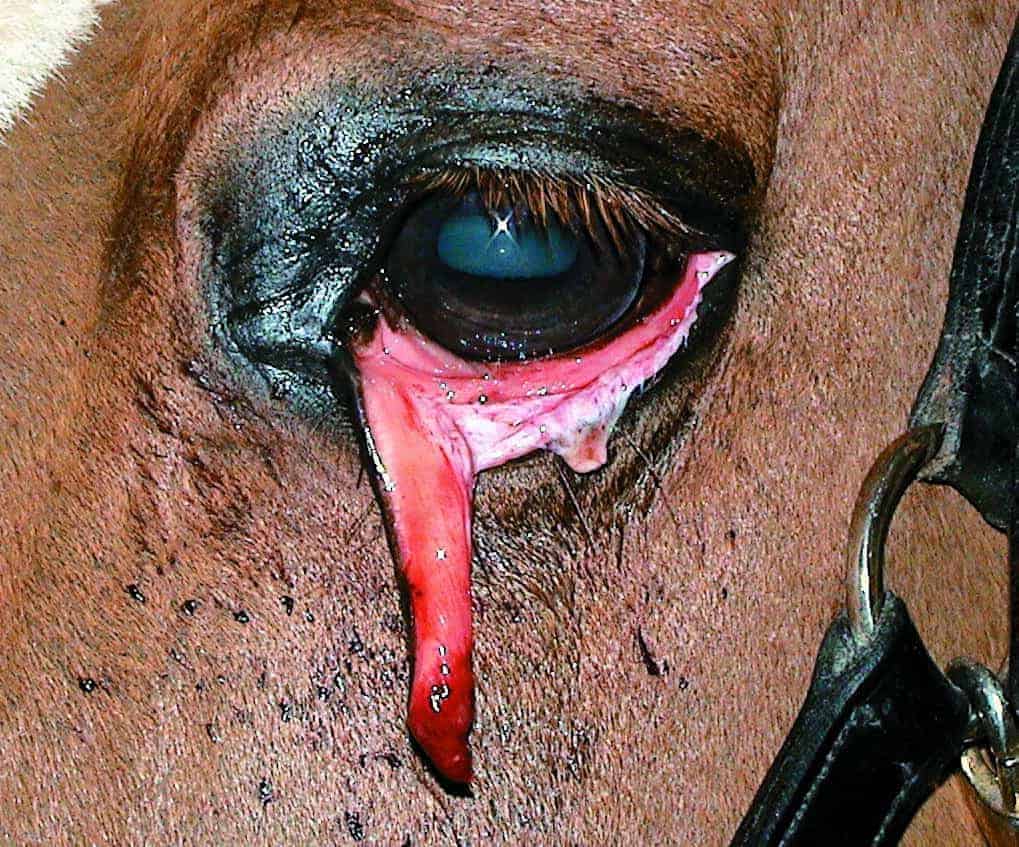
Equine eyelid disorders are common in horses and many can have favorable outcomes with treatment.

A thorough eye examination can identify numerous potentially vision-threatening problems in horses.

Patients with ocular disease had a higher incidence of colic than some other hospitalized equids.
The University of Pennsylvania’s New Bolton Center will give three horse health presentations at the show.
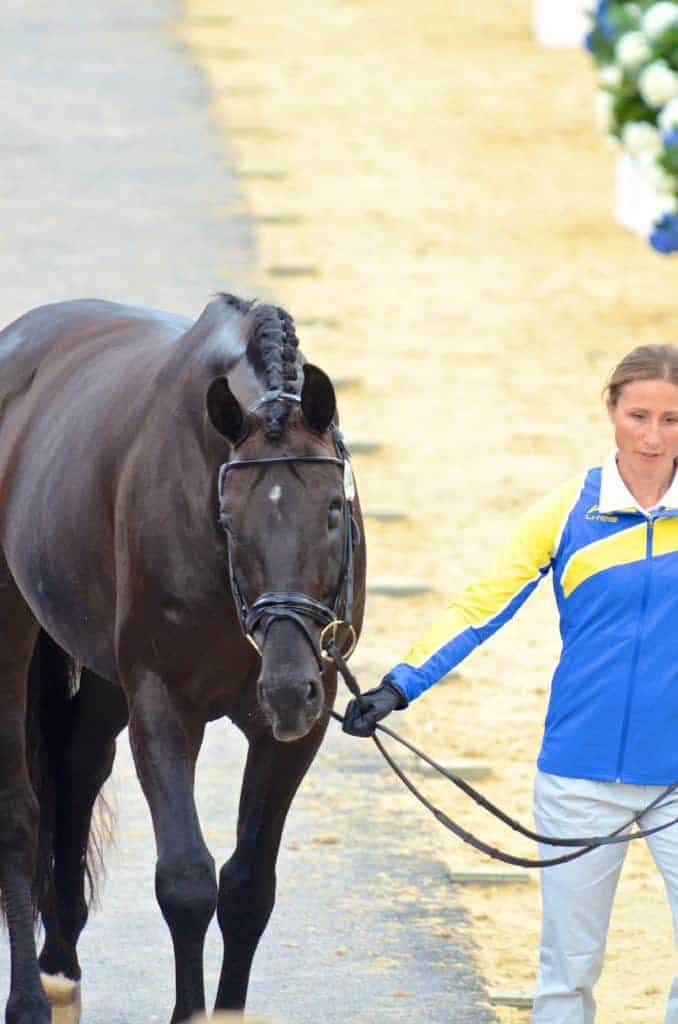
After losing an eye in a stable accident, the Swedish dressage horse Santana made an Olympic-sized recovery.

If not treated early, equine ocular keratitis (corneal inflammation) can lead to blindness and eye loss.

Understanding equine recurrent uveitis (ERU, or moon blindness) can help owners spot eye issues early.
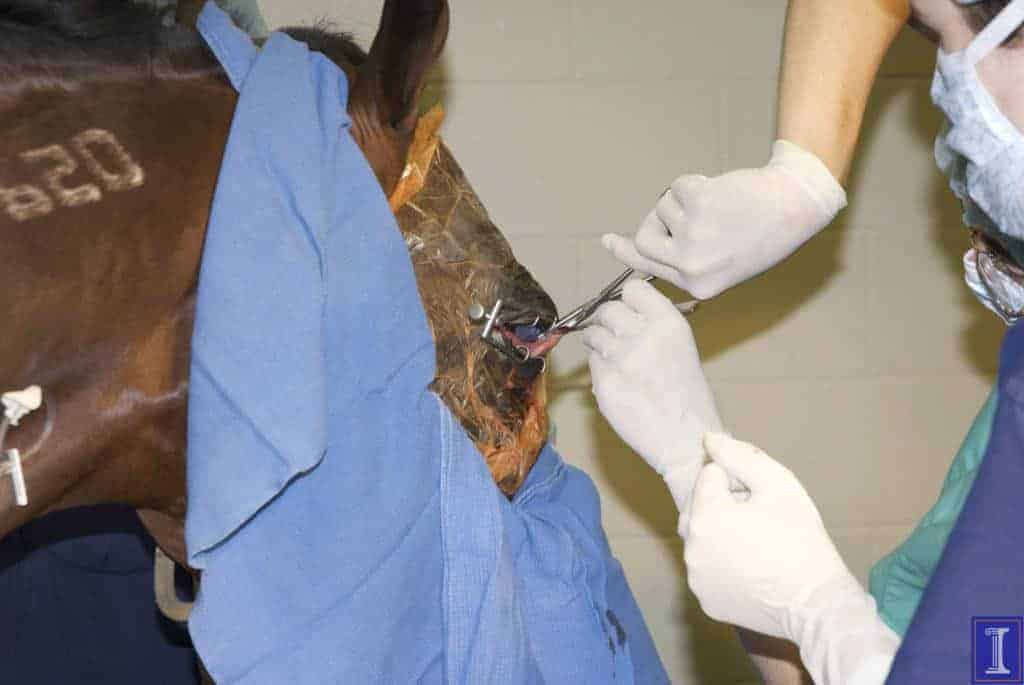
Removal of the equine third eye lid using sedation and local anesthesia appears to be safe and effective.
When a horse needs surgery, what’s his prognosis for a full recovery? What problems can occur during recovery?
Stay on top of the most recent Horse Health news with
"*" indicates required fields